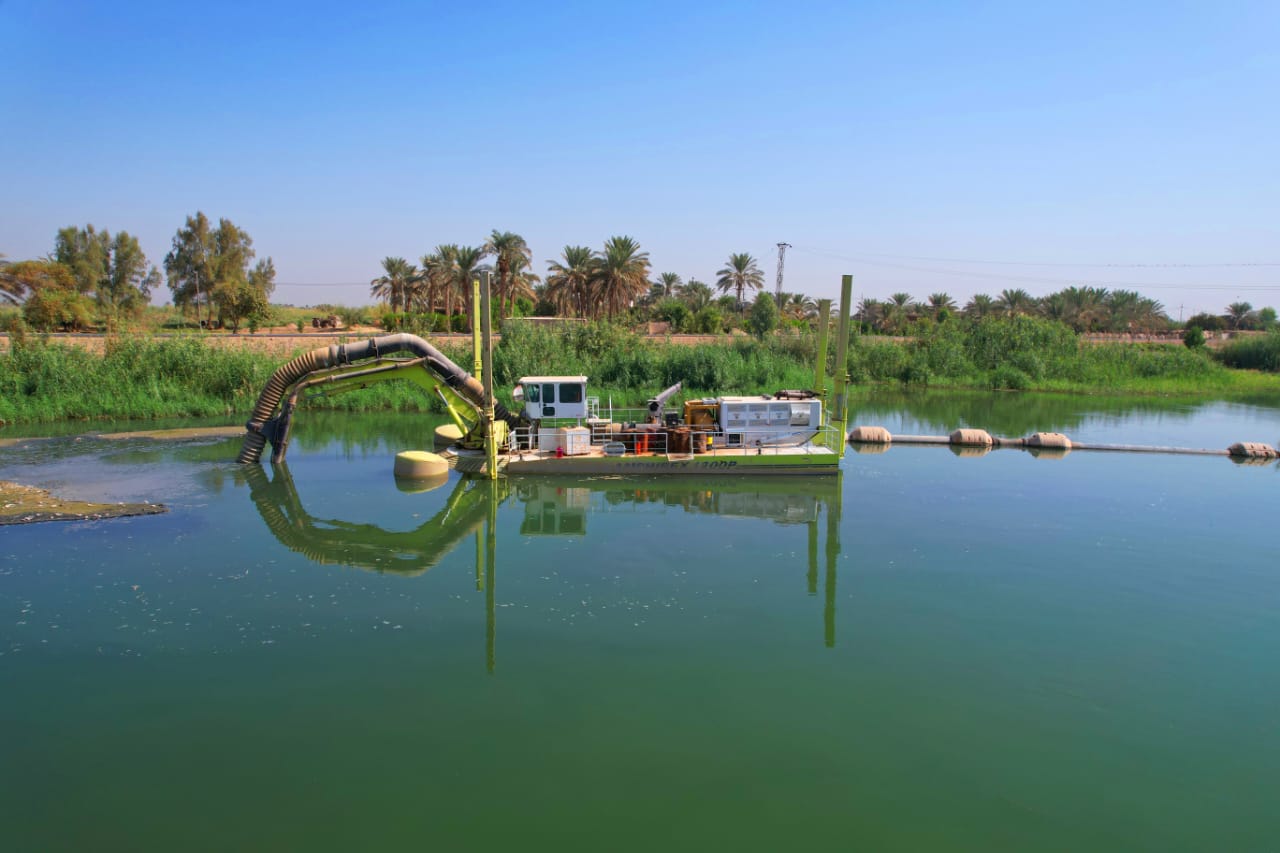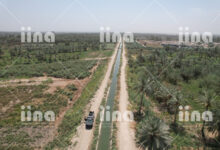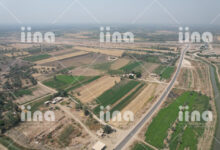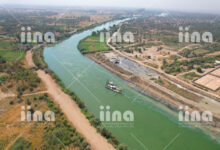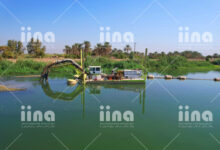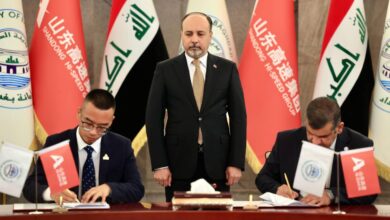Al-Hilla river has suffered a lot of neglect during the period of the former regime, and even after its downfall, the accumulated waste surrounding the two banks of the river has remained. The Hilla governorate is directly responsible for the maintenance of the river as well as the cleanliness of the city, the Rafidain Bank and the Water Department. Despite some of its offices even directly overlooking the river, it continues to be in a state of ruin. The river is the main source of water for all areas under the Babylon Governorate.
A study published in 2018 by the College of Science at the University of Babylon has revealed that the river’s water quality is now at dangerous levels. Authorities have blamed locals for littering and polluting the river; however, the majority of waste secreted into the river comes from oil spills and from the agricultural drainage canals, containing pesticide and fertilizer chemicals.
The knock-on effects from the rivers’ state are widespread. Waste in the river has accumulated and formed blockages in the pipes that transport water to local farmers. Several agricultural areas are not watered well due to the obstruction caused by waste in the river, exasperating the drought faced by growers. Local farmer Rahim Jabr, who grows vegetables in an agricultural area taking water from Al Hilla river, expressed concern about the state of the river and impact on his crops. He expressed his apprehension around the cleanliness of the river and called on the authorities to tackle this increasingly dangerous level of pollution. Local farmers like Rahim believe that the accumulated waste poses a threat to public health and the welfare of citizens.
- Date Published: 05 October, 2022
- Reference Number: 051022P
- City: Babylon
- Country: Iraq
- Category: Environment

